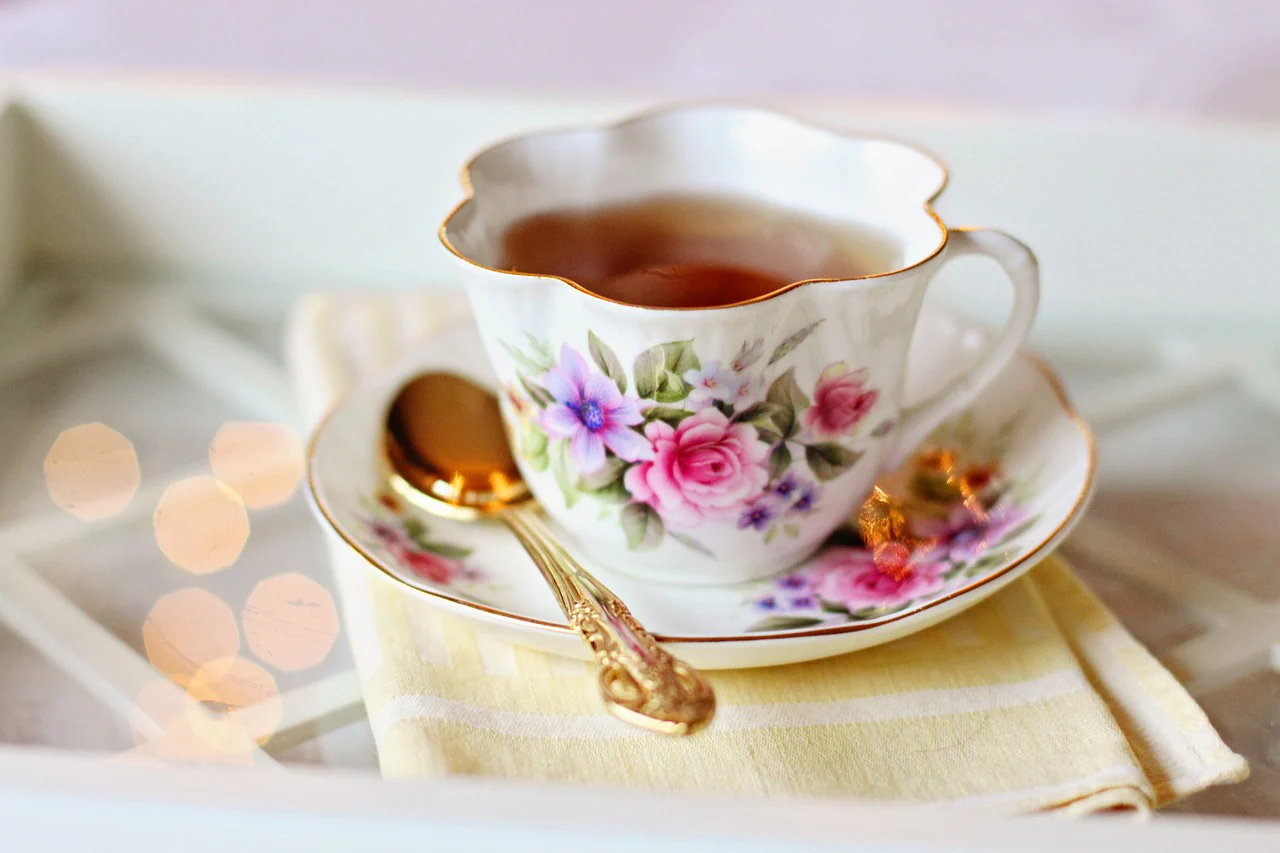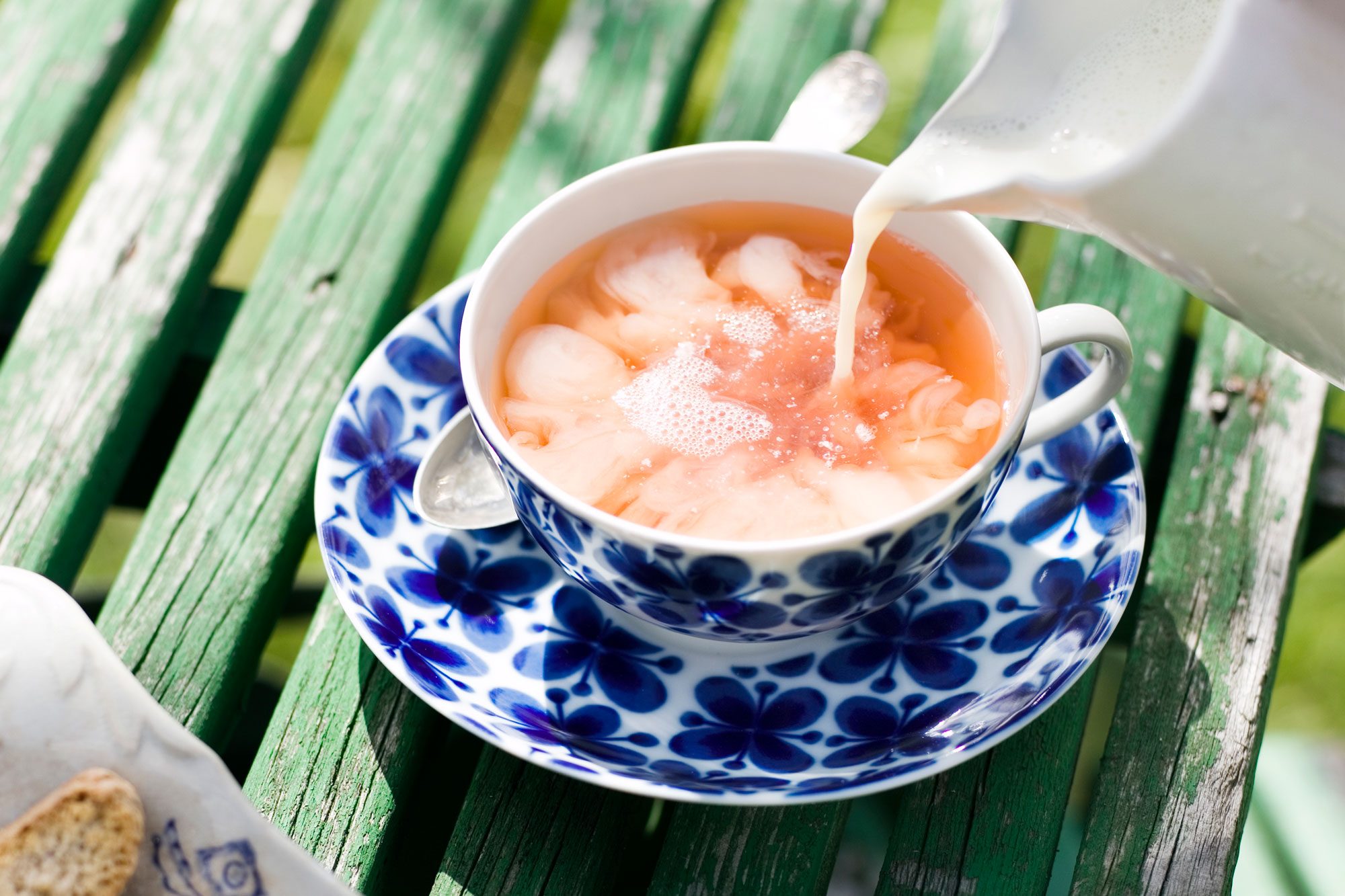A Timeless Classic
English Breakfast tea is one of the most recognizable and beloved tea blends in the world. Known for its bold, robust flavor and versatility, it has become a staple in households, cafes, and fine dining establishments alike. Rooted in British tradition, this tea blend offers a rich history, a variety of health benefits, and a universal appeal that has stood the test of time. This essay explores the origins, characteristics, and cultural significance of English Breakfast tea while highlighting its enduring role in modern tea culture.
Origins of English Breakfast Tea
The story of English Breakfast tea begins in the 19th century, during the height of the British Empire. While tea had been a part of British culture since the 17th century, the concept of a strong, full-bodied morning tea gained prominence in the Victorian era. The blend was created to complement the hearty English breakfast of the time, which often included meats, eggs, and bread.
Although the exact origins are debated, one popular theory credits Scottish tea merchant Robert Drysdale with inventing the blend in the 1840s. Another account attributes the creation to a tea merchant in New York who marketed the blend as “English Breakfast” to appeal to the American market. Regardless of its origins, the blend quickly gained popularity and became synonymous with the British morning routine.
Characteristics of English Breakfast Tea
English Breakfast tea is a blend of black teas, traditionally sourced from regions like Assam, Ceylon (Sri Lanka), and Kenya. Each component contributes to the tea’s signature flavor profile:
- Assam Tea: Adds a malty richness and depth.
- Ceylon Tea: Provides brightness and a citrusy undertone.
- Kenyan Tea: Contributes boldness and color, enhancing the tea’s robust nature.
The result is a tea that is full-bodied, brisk, and slightly astringent, making it the perfect partner for milk and sugar, though it can also be enjoyed plain. Its high caffeine content makes it an excellent choice for a morning energy boost, akin to coffee but smoother and less acidic.
Health Benefits of English Breakfast Tea
Beyond its invigorating taste, English Breakfast tea offers several health benefits. Rich in antioxidants, particularly polyphenols and flavonoids, it helps combat oxidative stress and supports overall health. Key benefits include:
- Heart Health: Regular consumption of black tea is linked to improved cardiovascular health, as it may lower cholesterol levels and reduce the risk of heart disease.
- Digestive Aid: The tannins in black tea can soothe the digestive tract, making it a helpful beverage after meals.
- Energy and Focus: With moderate caffeine levels and the amino acid L-theanine, English Breakfast tea provides a sustained energy boost and enhanced mental clarity without the jitters often associated with coffee.
- Immune Support: The antioxidants in black tea may strengthen the immune system and provide protection against certain illnesses.
Cultural Significance of English Breakfast Tea
English Breakfast tea is deeply intertwined with British culture and tradition. It is a cornerstone of the quintessential “tea and toast” breakfast and a staple in the classic afternoon tea service. Its versatility allows it to be paired with a wide range of foods, from pastries to savory dishes, making it a favorite at social gatherings and formal events.
The global appeal of English Breakfast tea has transcended British borders. It is widely consumed in countries like the United States, Canada, and Australia, where it is valued for its bold flavor and adaptability. As a result, it has become a symbol of tradition and comfort, bridging cultural gaps through its universal appeal.
Brewing the Perfect Cup
To fully appreciate the flavor and aroma of English Breakfast tea, proper brewing techniques are essential:
- Use Fresh, Filtered Water: High-quality water enhances the tea’s flavor.
- Temperature: Boil the water to 95-100°C (203-212°F).
- Tea-to-Water Ratio: Use 1 teaspoon of loose-leaf tea or 1 tea bag per cup (250ml).
- Steeping Time: Brew for 3-5 minutes, depending on your desired strength. Over-steeping can result in bitterness.
- Enhancements: Add milk and sugar to taste, or enjoy it plain to appreciate the blend’s natural complexity.
The Modern Appeal of English Breakfast Tea
While deeply rooted in tradition, English Breakfast tea continues to evolve to meet modern demands. Organic and sustainably sourced varieties are now widely available, catering to environmentally conscious consumers. Additionally, innovative packaging and branding have made this classic blend more accessible to a younger generation of tea drinkers.
The rise of specialty tea shops and cafes has also revitalized interest in high-quality, loose-leaf English Breakfast teas. These establishments emphasize the craftsmanship behind the blend, highlighting its complexity and versatility.
Conclusion
English Breakfast tea is more than just a beverage—it is a timeless symbol of comfort, tradition, and versatility. Its rich history, robust flavor, and numerous health benefits make it a beloved staple in tea culture around the world. Whether enjoyed plain, with milk and sugar, or paired with a hearty meal, English Breakfast tea continues to delight and inspire tea lovers of all generations. As we raise our cups, we celebrate the enduring legacy of this classic blend and its place in the hearts and homes of millions.





